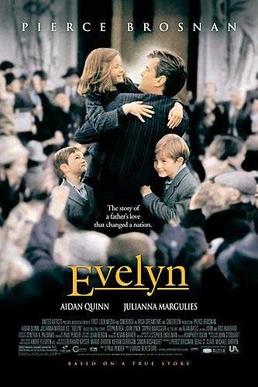In The Age Of The Marriage Made In Heaven-Maybe-Carol Lombard And James Stewart's “Made For Each Other” (1939)-A Film Review
DVD Review
Leslie Dumont
Made For Each Other, starring Carol Lombard, Jimmy Stewart, 1939
This film review of Made For Each Other is one of those “he said, she said” kind of movies. No, not in the way you think about some spat between two lovers, marriage partners or simple bedmates. Rather about how to approach this film, this old time melodrama a genre which got many a movie audience especially during World War II made up of waiting at home or working in the factory women through the tough nights and working days. Not that I have anything against old time melodramas which were the staple of date nights in college in the days when guys paid on the date and if short of money, a chronic problem, always suggested some such film at the second run and retro-theaters around campus. Moreover when I was working at this publication in the days when it came out in hard copy before I saw the writing on the wall about getting my own by-line Josh Breslin, who still works here and who then was my companion, let’s leave it at that, was forever taking me to such retro-theaters to watch some melodrama or other old time film he had been assigned to review.
No, what has me in a “he said, she said” mood was something that old time film reviewer Sam Lowell told his now longtime companion and fellow writer here Laura Perkins to do when you hadn’t a clue about how to go about “the hook” which every movie review rests on. Sam said when all else fails on an oldie you can always check out the “slice of life” edge and get the job done. That, in any case, is what Laura told me when I asked her what the hell to do with this tear-jerker which you however know deep in your bones is going to work out right in the end. Has to work out right because remember those waiting at home or working in the factories women who needed a boost to get them through those hard nights and boredom days.
While this film is not the worse you could ever find for the slice of mid-20th century married life movie that it represents it is still hard for me to pick out some points that will enlighten the reader about those times. Here is the play though. John, an up and coming Mayfair swell bred young lawyer in New York City, played by Jimmy Stewart, meets Jane (hey I didn’t make up the character names but John and Jane in a now age of Trevor and Regan do signify a different sensibility), played by Carol Lombard, a young women of unknown means, on a business trip for an important case his big-time Yankee New York law firm is handling. Both smitten they immediately marry on the fly something more likely to happen once the World War comes America’s way a few years later.
This may be, and as already signaled will turn out to be, a marriage made in heaven but the road is long and bumpy. First off John’s high and mighty mother, an endlessly carping type that I was all too familiar with both with my own mother growing up and with my first husband’s mother so I could certainly sympathize with that dilemma, disapproves of his marriage choice preferring the boss’ daughter for her charge and then, a widow, moves in with the young marrieds and drives Jane crazy (that mother moving in different these days when the kids are moving in or staying in the parental home what with rents and housing prices out of reach for many these days). Worse, hard-working steady at the wheel Johnny boy winds up getting passed over for a partnership-the kiss of death in most law firms and time to move on although he does not do so even when Jane steels him to ask for a raise so they can get a little house and put dead-weight mother in the attic or something.
If all that wasn’t enough John and Jane have a child who before he is a few years old winds up catching pneumonia and things look like he is a goner much to the distress of his loving parents. Nowadays getting the right medicines for childhood illnesses is no big deal but then whatever serums were around were sparse and expensive (as some drugs are today as well). Johnny up against it begs his niggardly boss to give him an advance or loan to get the drugs necessary which have to come all the way from Salt Lake City. So here is where the nail-biter part comes in-the part about getting the drugs to New York from there in a blizzard. Getting through the blizzard in an open cockpit plane for crying out loud. In the end though the child is saved, Johnny gets a raise and due to Jane’s stoic presence during the crisis gains Johnny’s mother’s respect. That will do it.




